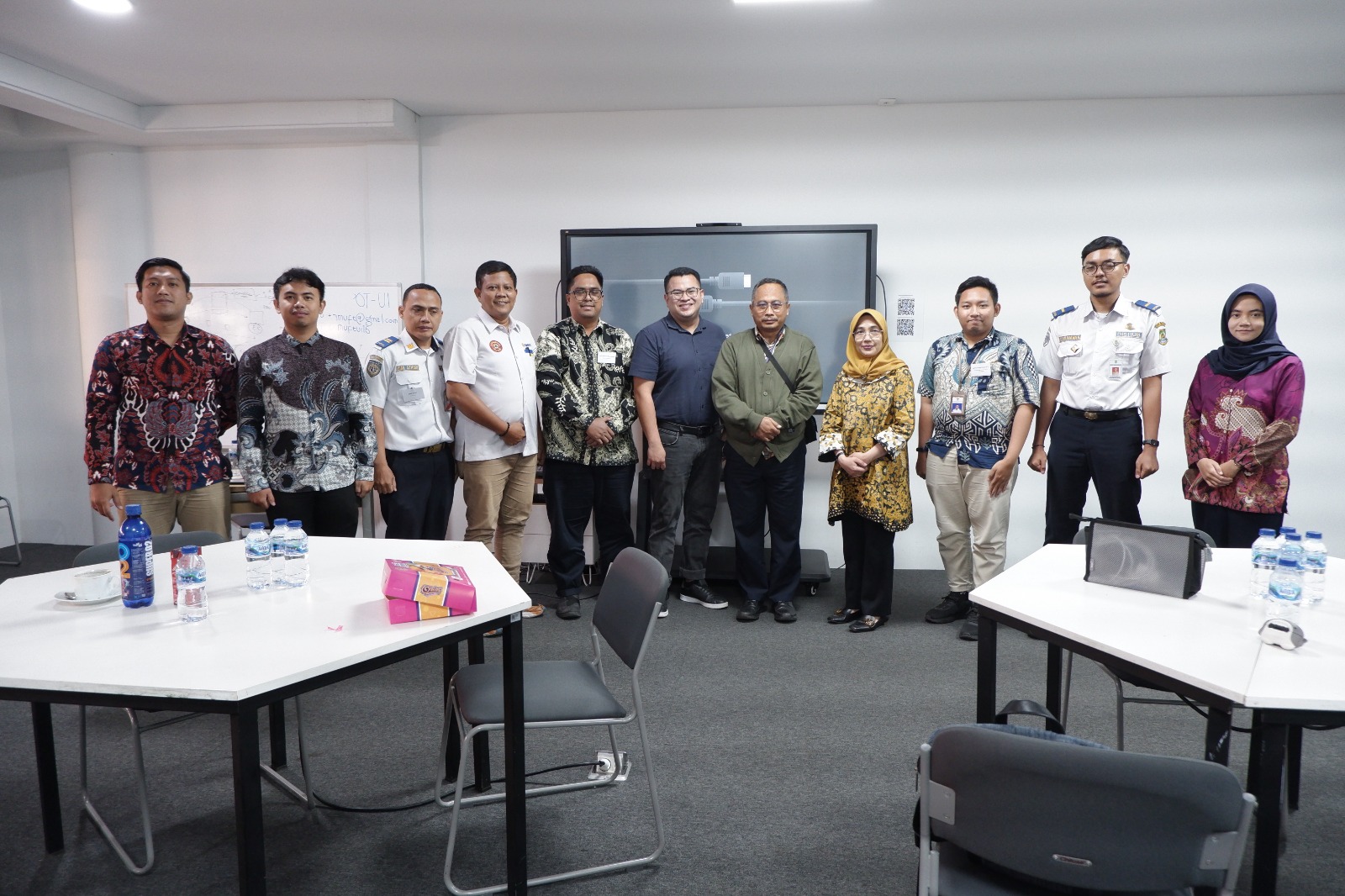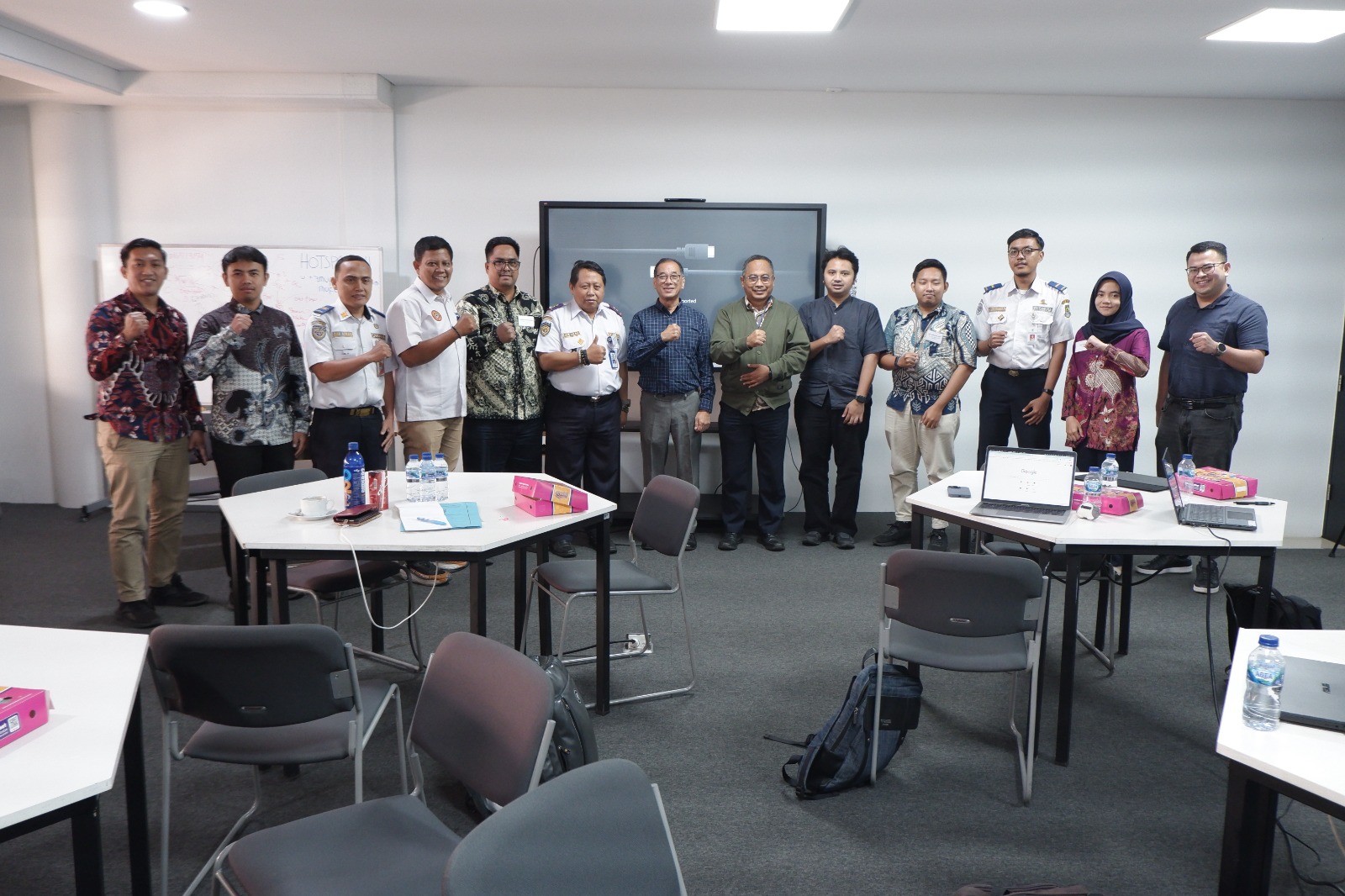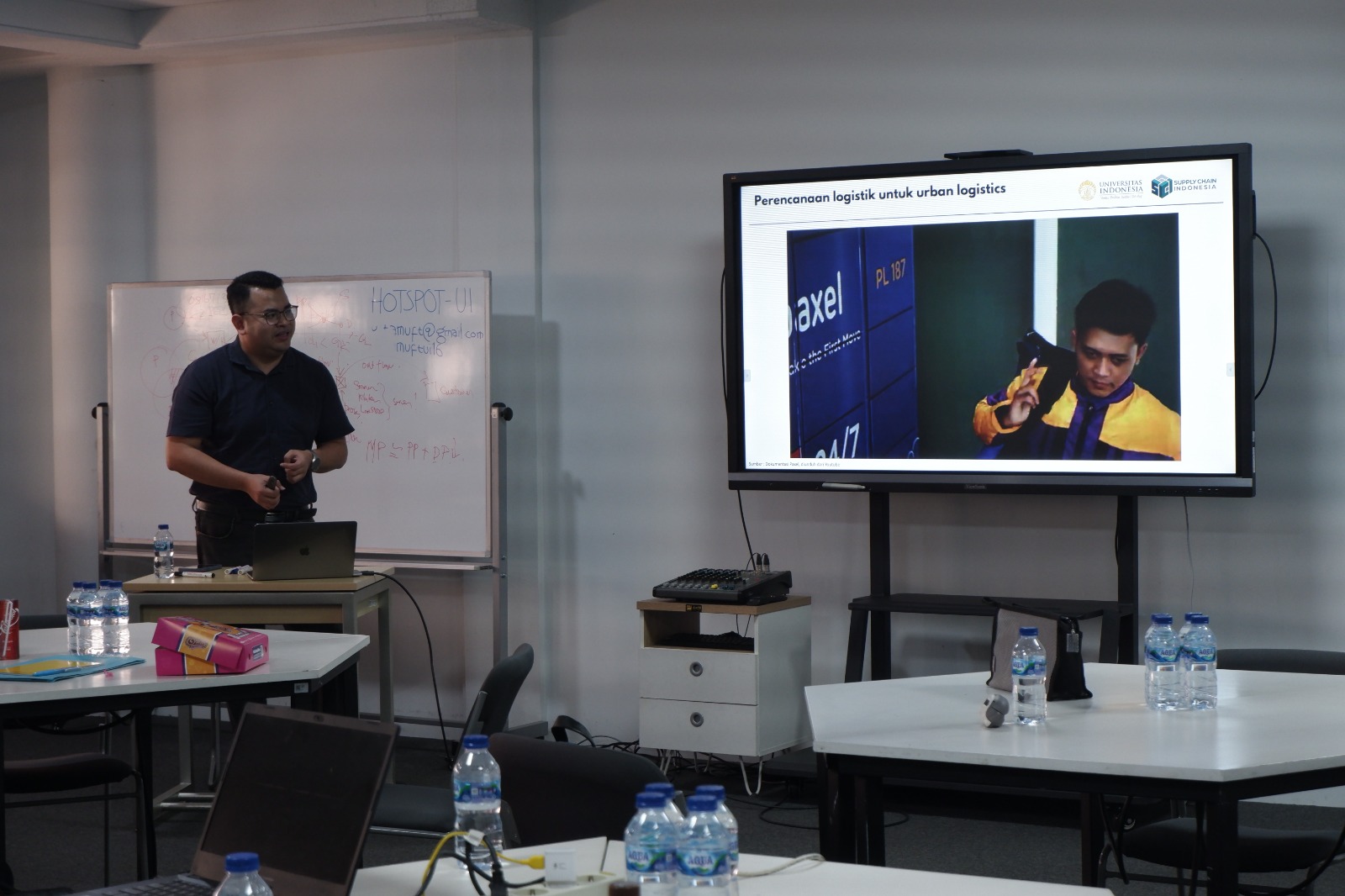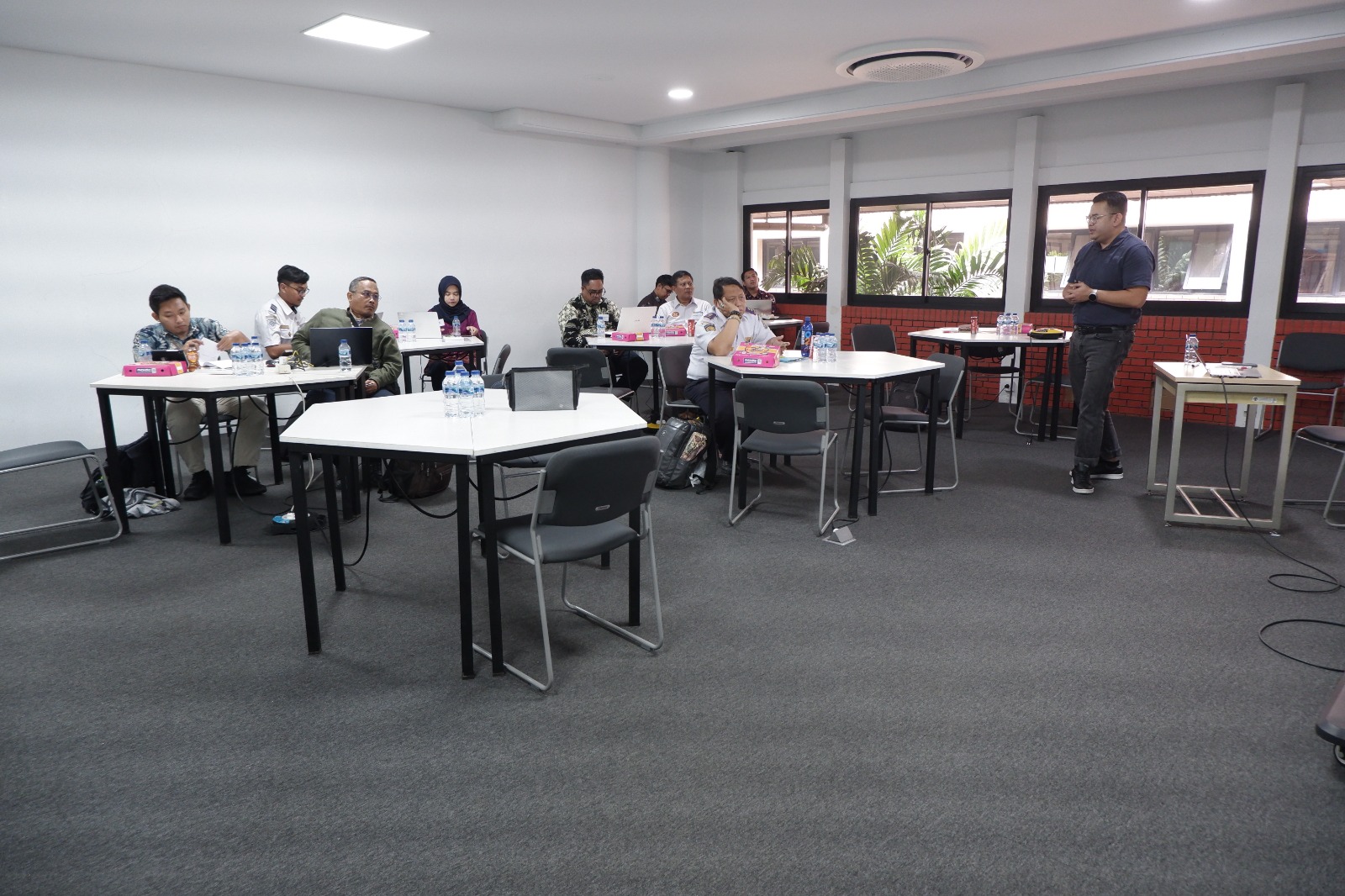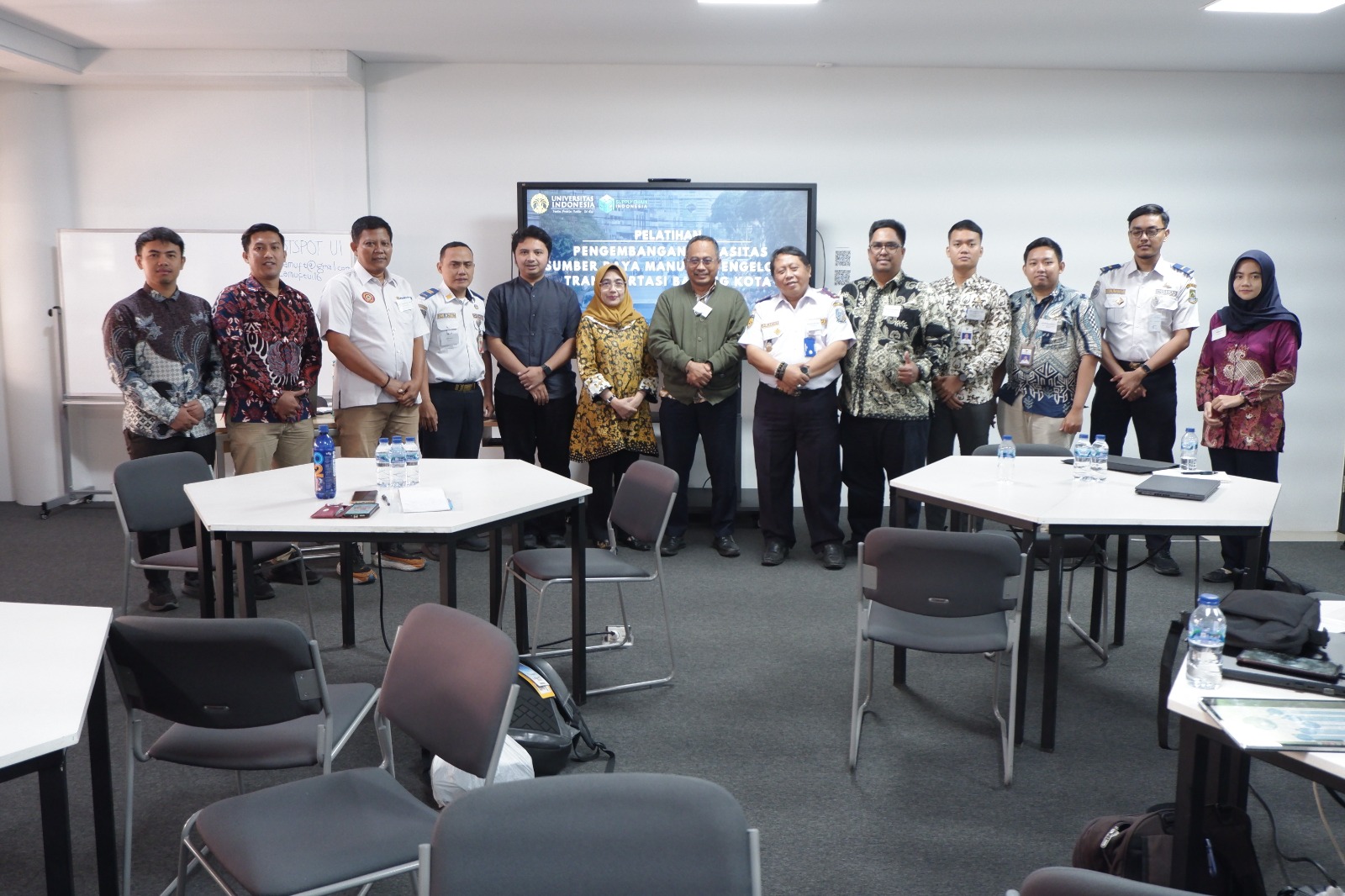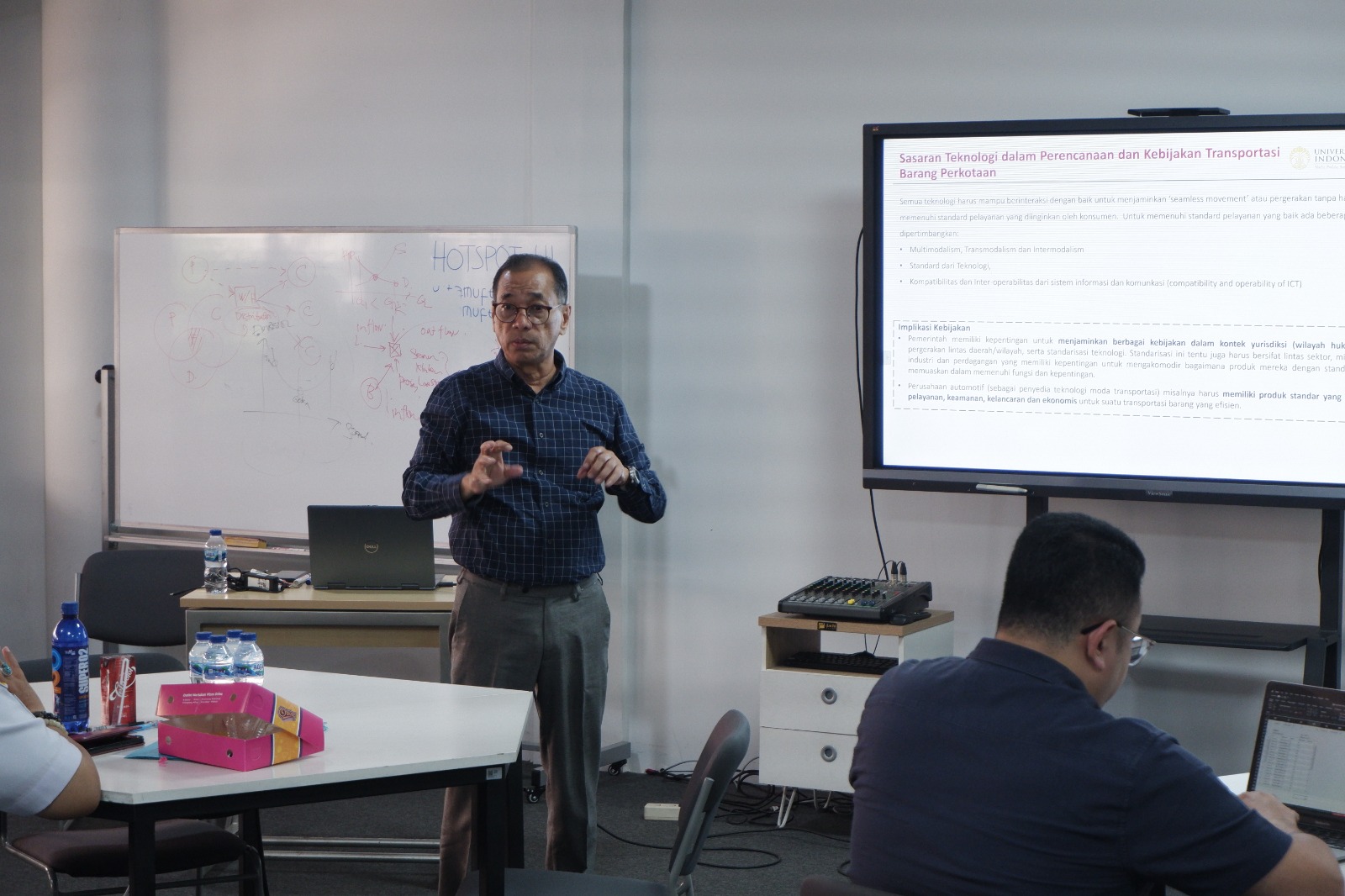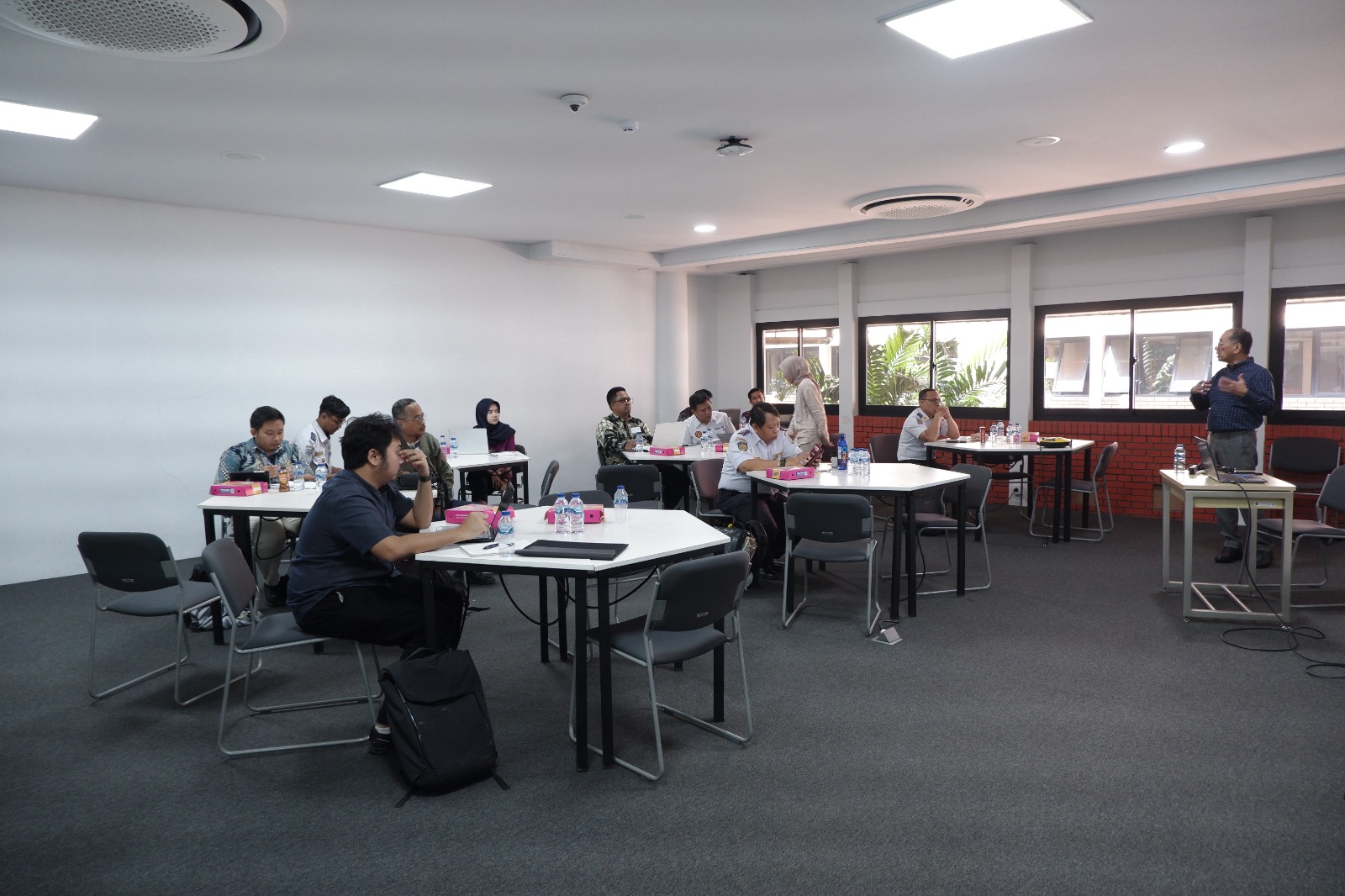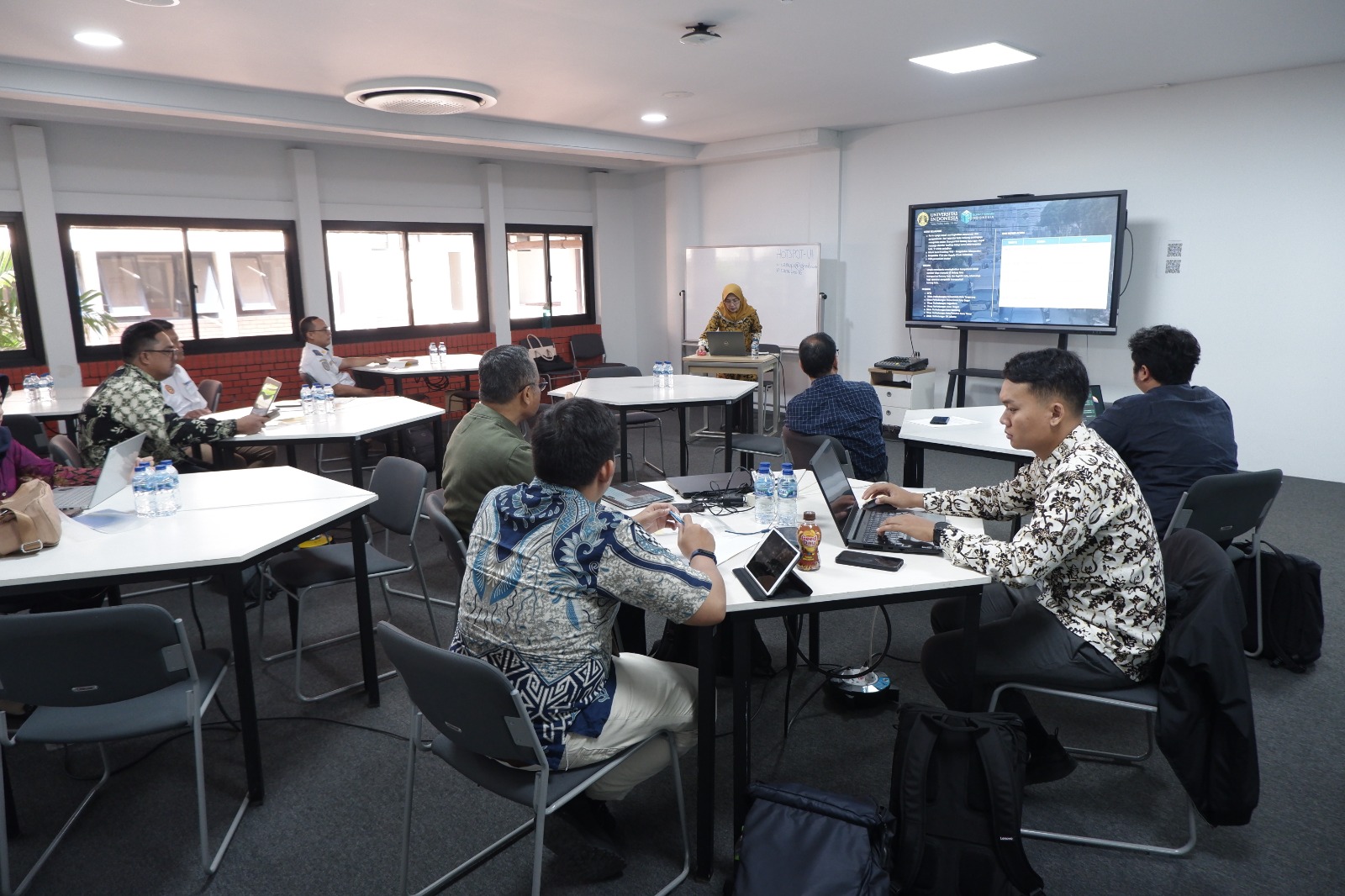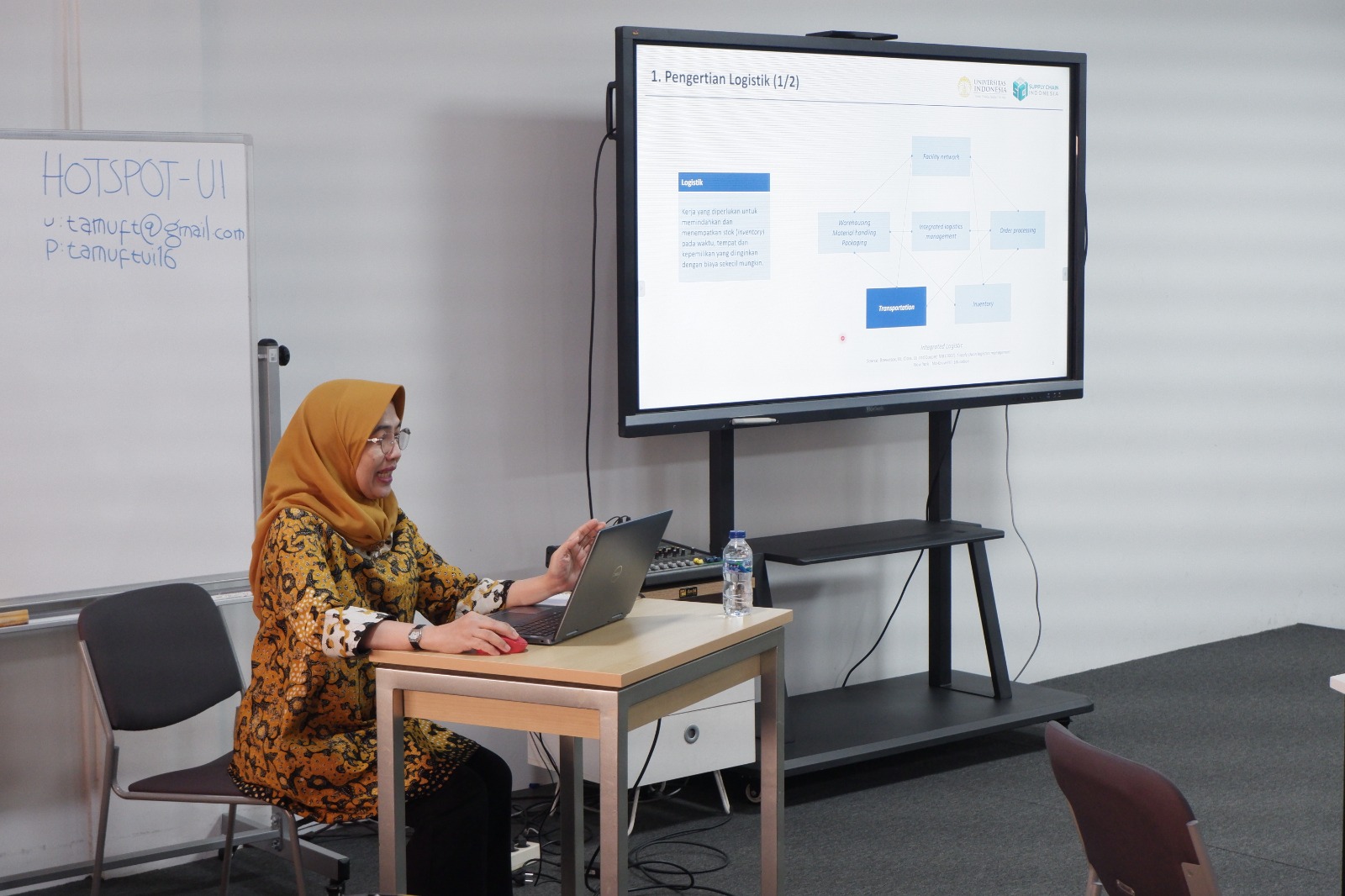The challenges in managing human resources in urban transportation and logistics are becoming increasingly complex alongside the development of major cities. Addressing this issue, the Faculty of Engineering at Universitas Indonesia (FTUI), in collaboration with Supply Chain Indonesia, organized a training session to help improve the foundational competencies of human resources in the field of urban freight transportation and logistics, particularly for urban freight transport administrators.
As part of FTUI’s community service activities, a one-day free training session was held on campus on Wednesday, August 14, 2024. The training covered topics related to Urban Logistics Systems and Urban Transportation Systems, addressing these from policy, technical, and commercial perspectives. Participants included 12 individuals from various Provincial/District Transportation Departments and the Greater Jakarta Transportation Management Agency (BPTJ).
The training featured experts such as Prof. Dr. Ir. Nahry, M.T., and Prof. Dr. Ir. Sutanto Soehodho, M.Eng.; Professors and researchers from FTUI’s Department of Civil Engineering, Dr. Zaroni CISCP, CFMP, CMILT, and Erlangga Bayu Setyawan, S.T., M.T., ESLog, CDDP from Supply Chain Indonesia.
“Urban freight activity has rapidly increased due to urbanization growth, rising incomes, and the fragmentation of business-to-business (B2B) and business-to-consumer (B2C) supply chains. Additionally, factors such as the globalization of production and markets, shortening product life cycles, the development of product variations, and the rapid growth of the digital world and emerging technology, particularly in e-commerce, have also increased pressure on urban supply chains and logistics,” explained Prof. Nahry in his opening remarks.
Urban supply chains, logistics systems, and urban freight transportation systems must improve their productivity and quality while maintaining urban sustainability. This requires approaches and technologies that can respond to these developments and modernize urban logistics, integrating them with technology. This change must be anticipated in urban and metropolitan area planning to maintain quality of life standards and urban sustainability.
Prof. Sutanto emphasized that the Urban Logistics ecosystem involves two different but integrated roles: the public and private sectors. “Private operators, such as freight carriers and shippers, focus on efficiency and reducing logistics costs, while the public sector plays a role in regulating the efficiency of logistics networks, land-use planning to support these networks, and reducing negative externalities in social and environmental aspects of the city. The term Urban Logistics or Urban Freight Transportation implies an interdependence between the private and public domains, influencing each other,” he continued.
“Various urban logistics solutions have been developed by different cities. Although these solutions have been widely implemented in many countries, their success rates vary. The trend is that city governments often mimic solutions from other countries without considering their own city’s conditions. This illustrates the difficulty in incorporating freight transport issues into strategic planning. Additionally, even though the awareness of freight transport issues among city governments in some European countries (Sweden, the UK, Scotland) is growing, they still lack the competence and knowledge to effectively manage urban logistics,” explained Dr. Zaroni.
In Indonesian cities, the knowledge and awareness of urban freight transport administrators are still inadequate for effectively managing Urban Freight Transportation. Therefore, efforts are needed to develop the capabilities and awareness of urban administrators in managing Urban Freight Transportation systems to maintain quality of life standards and urban sustainability.
***
Public Communication Office
Faculty of Engineering Universitas Indonesia

